Exits: Who stepped out of the spotlight this year?
Who went out with a bang, and who went out with a whimper
Campaigners wave Scottish Saltires at a ‘Yes’ campaign rally in Glasgow, Scotland September 17, 2014. The referendum on Scottish independence will take place on September 18, when Scotland will vote whether or not to end the 307-year-old union with the rest of the United Kingdom. Dylan Martinez/Reuters
Share
-
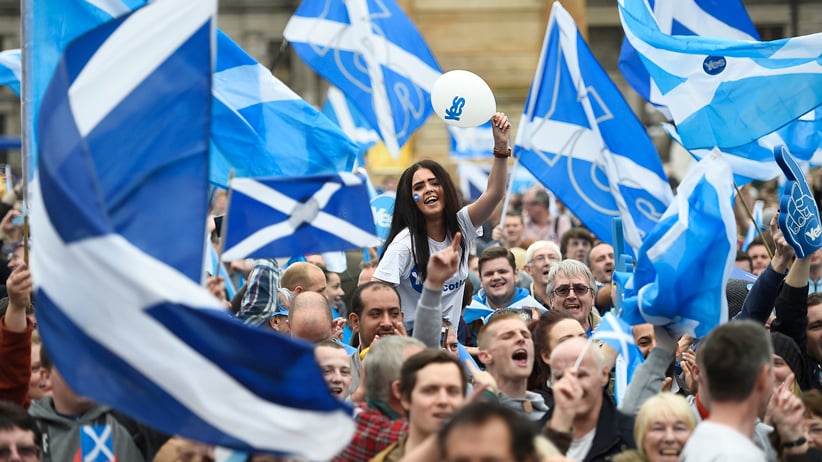
Dylan Martinez/Reuters - SCOTTISH INDEPENDENCE: It was the lost cause of Scottish dreamers, last gathered in a state of their own in 1707, and the subject of a campaign focused on social media. Support for national independence was surging in the polls in early September. Unfortunately for the Scottish nationalists, the referendum wasn’t held until Sept. 18, providing enough time for the main United Kingdom political parties to head north with pledges of extensive devolution of powers in the case of a “No” vote. On referendum day, the electorate turned out in numbers (85 per cent) never seen in a modern British election, to vote 55 to 45 per cent for continued union with the rest of Britain.
-

Elise Amendola/AP - DEREK JETER: In Boston’s Fenway Park in September, Derek Jeter took the last at-bat (a hit, naturally) of a stellar 20-year career. To weigh how much he meant to baseball—to fans, fellow players, media, the big leagues themselves—consider only this: Red Sox fans gave the New York Yankee shortstop an ovation. Jeter was a great modern player and a throwback in ways Major League Baseball dearly needed. He combined five World Series championships, 3,000 hits and seven Yankees team records with a celebrity-studded dating life—from Mariah Carey to Jessica Biel—but without the scandals that have dogged seemingly every other star player.
-
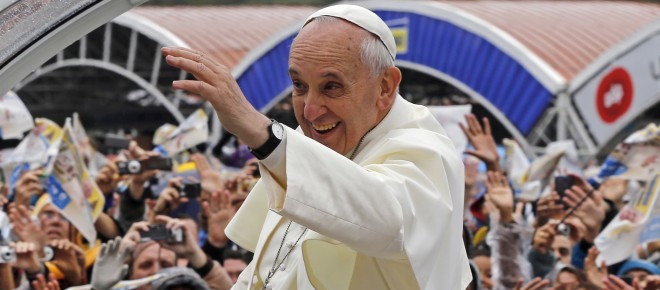
Enric Marti/AP - LATIN: After a 450-year run of Italian popes, not broken until the election of John Paul II, Italian had, unsurprisingly, become the lingua franca of the Vatican, while Latin remained its official language. In 2012, Pope Benedict XVI tried to revive the old tongue with a new Church department promoting its use. But when Benedict read his brief resignation speech, Latin’s days were numbered, at least in speech: Only one reporter listening to a live audio feed understood him. Pope Francis formally pulled the plug in October, making Italian the official language of that month’s synod of bishops. It remains to be seen if written documents will take the same path.
-
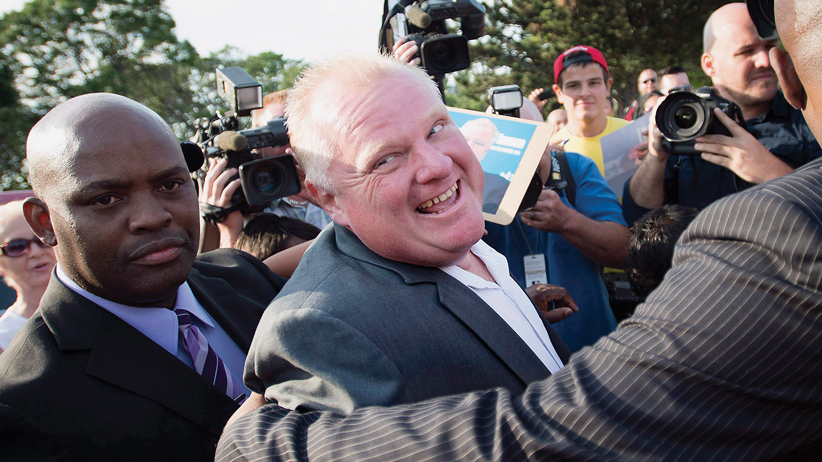
Darren Calabrese/CP - ROB FORD: Toronto’s larger-than-life mayor, like Scottish independence, may merely be resting, but he has left the chief executive’s office. A walking bundle of id, viscerally connected—positively or negatively—to virtually the entire city, the scandal-plagued, substance-abusing Ford told Torontonians more about themselves in his four years in office than many of them cared to know. Long stripped of his substantive powers by an alienated city council, Ford—fresh out of rehab—was running for re-election when a September diagnosis of a rare form of cancer caused him to drop out of the race. (He handed the baton to his brother Doug, who, running as Rob’s avatar, finished the mayoral election with a respectable—or alarming—34 per cent of the vote.) Despite the cancer scare, Rob Ford switched his candidacy to city council and easily won his former suburban seat. Depending on his health, Toronto can look forward to four years of Ford as a headline-grabbing councillor and, perhaps, a run for mayor in 2018.
-
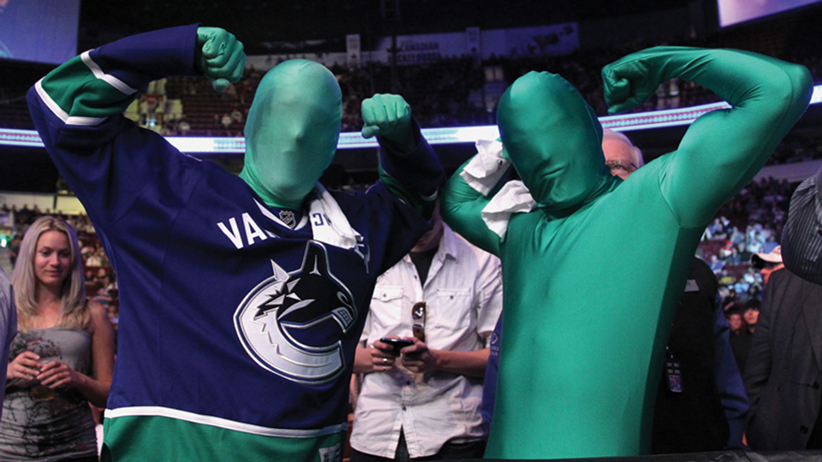
Donald Miralle/Zuffa LLC/Getty Images - VANCOUVER’S GREEN MEN: They’re the Green Men, not the Teal Men, because Adam Forsyth (Force) and Ryan Sullivan (Sully) didn’t get their body-covering spandex suits in time for a planned visit to an NFL game featuring the Seattle Seahawks. So they went to a Vancouver Canucks game instead. Since 2010, they have been fixtures in seats beside the opposition’s penalty box, taunting the visiting team and entertaining home fans with handstands against the glass. Members of ESPN’s Fan Hall of Fame, the Green Men called a media conference in early November to announce their retirement at season’s end: “After this year, we’re just gonna be men,” said Sully.
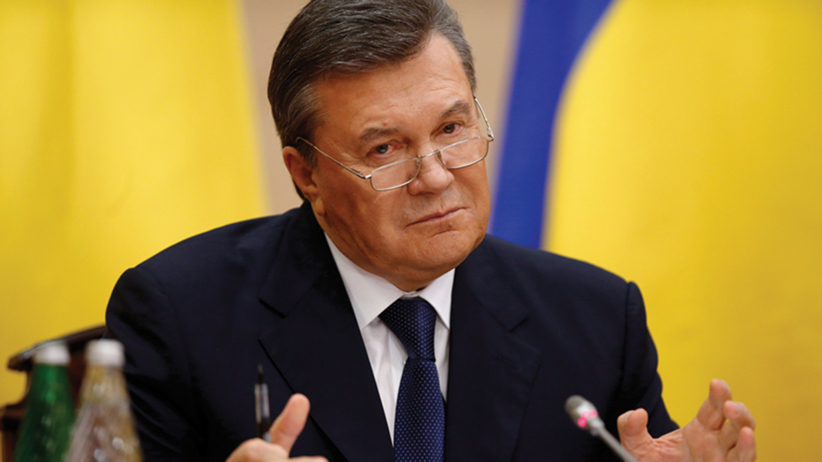
- VIKTOR YANUKOVYCH: Elected in 2010, the Ukrainian president abruptly terminated a proposed treaty with the European Union in November 2013, turning instead to Russia for gas supplies and financial aid. Pro-EU demonstrators, already enraged with massive government corruption, staged large protests in Kyiv’s Independence Square that drove Yanukovych from office and into Russian exile in February. Afterward, in the heady days between the ouster and the outbreak of civil war in the east, Ukrainians wandered Yankovych’s abandoned mansion, with its $100,000 chandeliers and attached private zoo, the property of a man with an official income of $25,000 a year.
-
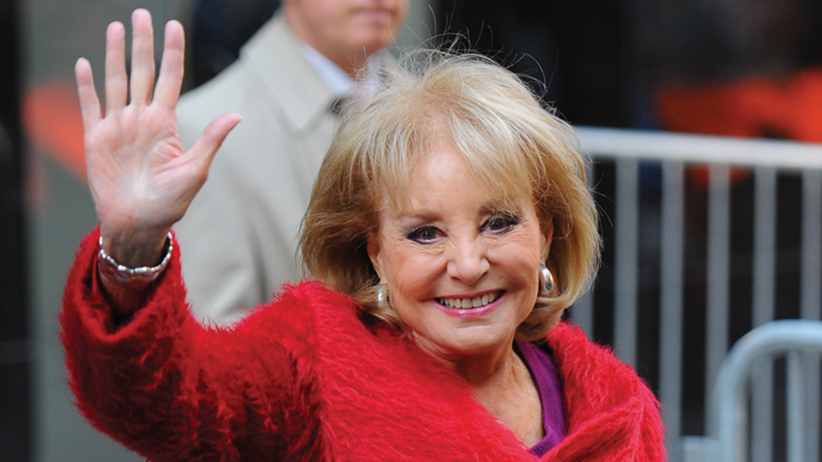
Raymond Hall/FilmMagic/Getty Images - BARBARA WALTERS: Seventy-four million Americans watched Barbara Walters interview Monica Lewinsky in 1999, still a record for a news program, and not just because the subject was at the heart of a White House scandal. Over her long career, stretching from 1962 to her retirement in May, Walters, 85, interviewed everyone, from the shah of Iran to Michael Jackson. Mocked on Saturday Night Live as “Baba Wawa,” the power- and celebrity-obsessed interviewer, Walters was admired by many more for her ability to induce her subjects to open up and for her pioneering role as a woman in television journalism.
-
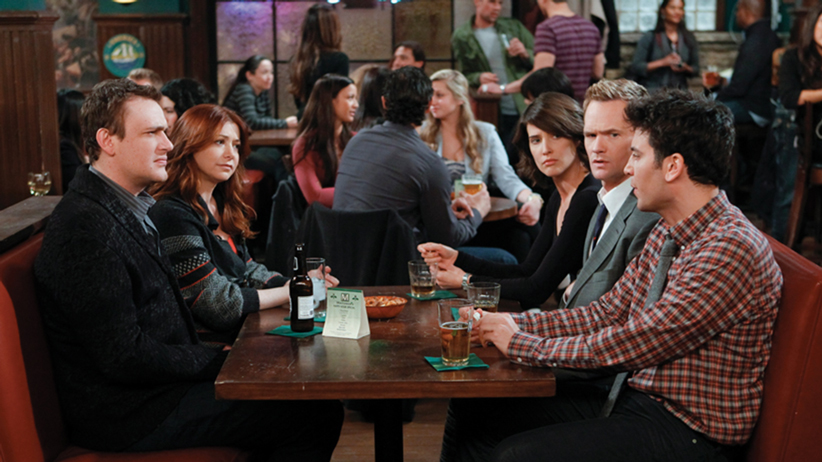
Monty Brinton/CBS/Getty Images - ‘HOW I MET YOUR MOTHER’: For nine seasons, How I Met Your Mother was a cult sitcom, framed around a man telling his children in 2030 how they came to be—answer to be found within 208 episodes of the present-day life and adventures of a group of friends in Manhattan. The big reveal, when it came in March, seemed to depress as many fans as it satisfied, but, in its day, the show picked up 28 Emmy nominations (winning nine) and a reputation for smart, eccentric humour.
-
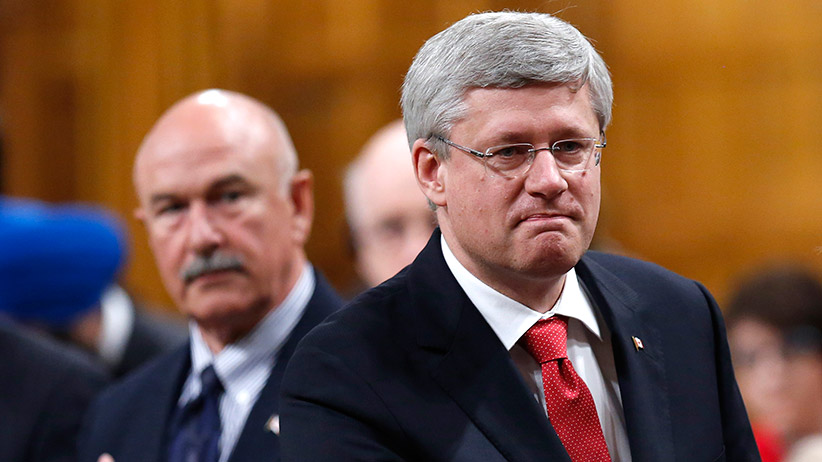
Chris Wattie/Reuters - THE FEDERAL DEFICIT: For most of the later 20th century, annual federal deficits were as ubiquitous as the common cold. Brought under control by the tandem of Jean Chrétien and Paul Martin in 1997, our federal deficit roared back to life in 2008 with the financial crisis, reaching a modern-day peak of $55 billion in 2010. Now it’s dead again, just in time for next year’s federal election. The focus will now shift, as it does when Ottawa takes in more than it spends, to the debate that will dominate the election: how to spend the coming surplus—tax cuts, daycare, debt reduction or infrastructure.